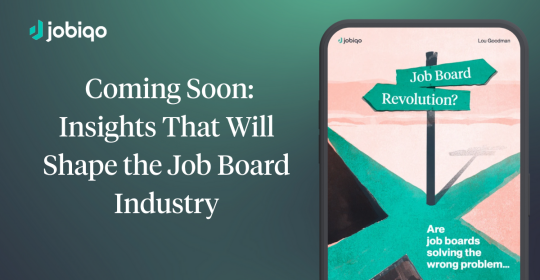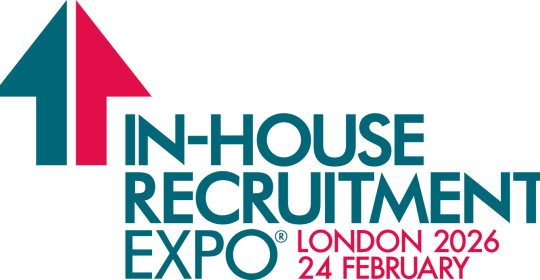With workplace stress on the rise and taking a devastating toll on business productivity, employee engagement is becoming just as valuable and impactful to a business as a marketing strategy. To improve engagement, HR departments need to utilise the data they already have to learn more about their employees. In other industries, smart data is already being used to uncover consumer trends and aid the production of more personalised products. It’s logical that HR begins to use the approach to gain the same insights about their employees in order to provide a more personalised workplace.
Ever-changing personal and societal expectations
Few organisations realise that the increasing digitisation of employee engagement and recognition programmes now offers an opportunity to personalise employee services, incentives and rewards and even democratise business innovation. A recent study by Deloitte shows that 71% of companies see ‘people analytics’ as a high priority in their organisations, however this doesn’t mean the organisations are making the most out of what is available to them. Pioneering brands are already using automated employee engagement platforms which automatically record and reward individual employee milestones, from work anniversaries to successful referrals. By making the most of the data available, organisations can engage their employees on new levels.
Employee benefits data can help organisations understand and meet the expectations of the growing millennial workforce. Mental and physical health is intertwined with workforce productivity and therefore a crucial element of business growth. Today, the younger workforce measures their wellbeing not just in terms of wellbeing at work, but also self-fulfilment. It is, therefore, vital that organisations enrich all aspects of the lives of their employees, rather than focusing on improving job satisfaction. With three-quarters of employees wanting a more tailored benefits package, organisations should anticipate this trend and use data to examine what activities their employees use their benefits on, and tailor incentives appropriately.
An increasingly personalised rewards system contributes to employees feeling valued, which is something millennials are looking for, with 90% of millennials regarding policies that encourage a good work-life balance as one of the best things about their jobs. With work-life balance becoming a work-life blend, it is important for employers to make the most of the influence they have over the lives of their employees, both at work and at home.
Empowering business
Smart data could also be used to mould rewards to reflect diverse employee circumstances; for example, employees with families may prefer extra time off to a financial gift. Companies could also crowd-source business initiatives, policies and even strategies from online rewards platforms, with successful contributions linked to specific rewards. There is no one-size-fits-all to management, so an adaptive approach is needed. Managers who use data-driven methods as an advantage for their management style can form better relationships with employees.
By learning more about the direction employees want the business to go, organisations can promote a more inclusive working environment which incorporates the views of each employee, by considering their interests, likes and dislikes seriously. Organisations can therefore promote a more transparent, open dialogue which is empowering for staff.
Democratising Data
With more data available than ever before, there are unprecedented opportunities to learn from employees and, in general, create a personalised working environment. By using data to drive engagement, organisations can connect further with their employees, helping shape business strategies and corporate policies. This would especially appeal to a younger generation of staff or company environments that can benefit from a digital culture, to offer personal recognition and the ability to make a difference within the organisation. Managers that take the most advantage of HR data can have a significant impact on the wellbeing of their staff, and in turn, business productivity.






